Authors as Readers in the Mamlūk Period and Beyond
Descrizione
Authors read and they use their readings within their writing process. Scrutinizing authors’ readings provides information on their tastes, working subjects at a given period, methodology, and scholarly milieu. It also brings a lot to intellectual history, highlighting the texts and manuscripts circulating in a certain context. Eight contributions investigating the readings of as many authors, from different points of view, are gathered here. The studied authors are mainly from pre-modern Islam – al-Qādī al-Fāḍil, Ibn Taymiyya, al-Ṣafadī, al-Subkī, al-Maqrīzī – with three exceptions: an incursion into the Ottoman 19th century – Esʿad Efendi –, a detour by the French court of Charles V – Evrart de Conty –, and a preface about Greek Antiquity – Philodème de Gadara.
Series: Filologie medievali e moderne 26
Sub-series: Serie orientale 5
Editore:
Edizioni Ca' Foscari - Digital PublishingData:
2022Formato
application/pdf (12.11 MB)
Soggetto
• Medieval translation • Literary tastes • Book production • Mamlūk scholars • Ideal of affective relationship • Copying • Ornate prose style • Pluri-maḏhab referencing • Critical reading • Ownership statements • Book circulation • al-Maqrīzī • Authors’ methodology • Taǧ al-Dīn al-Subkī • Individual reading practices • Correspondence • al-Ṣafadī • Interrelation of writing and reading • Ǧamʿ al-ǧawāmiʿ • Library • Ṣaḥḥāflarşeyḫizāde Esʿad Efendi • Quoting • Arabic manuscripts • Authorship • Paratextual marks • Source methodology • Libraries • Consultation notes • Methodology • Books circulation • Book loans • History of reading • Ottoman scholars’ reading practices • Way of reading texts • Mutakallimūn • Ottoman reading culture • Marginalia • Medieval commentary • Ottoman book history • Autograph manuscripts • Mamlūk period • Ǧumhūr al-ṣaḥāba • Isnād • Ottoman Mecmūʿa • Readings • Collecting • Commentaries • Public reading • ʿAhd Ardašīr • Intellectual independence • Autograph • Intellectual history • Scholars’ networks • Mistakes • Paratext in manuscripts • Conceptual framework of response • Bilingualism • Ašʿarī • Companions • Active and responsive reading • Scholars’ library








 è un servizio del
è un servizio del